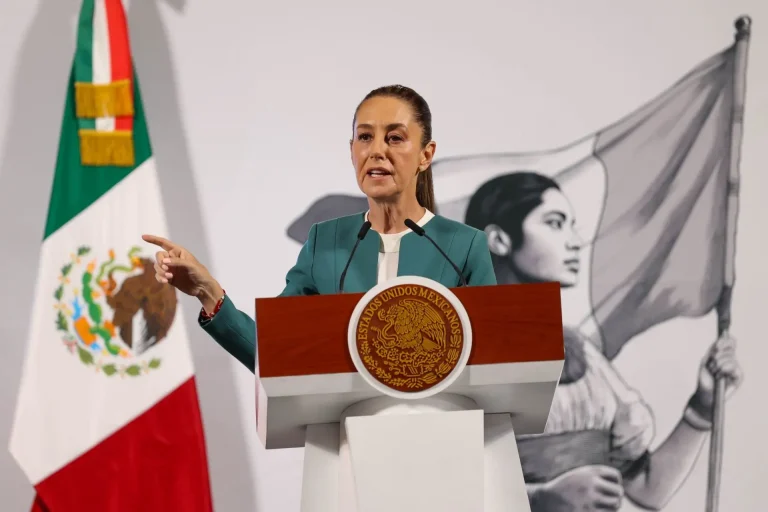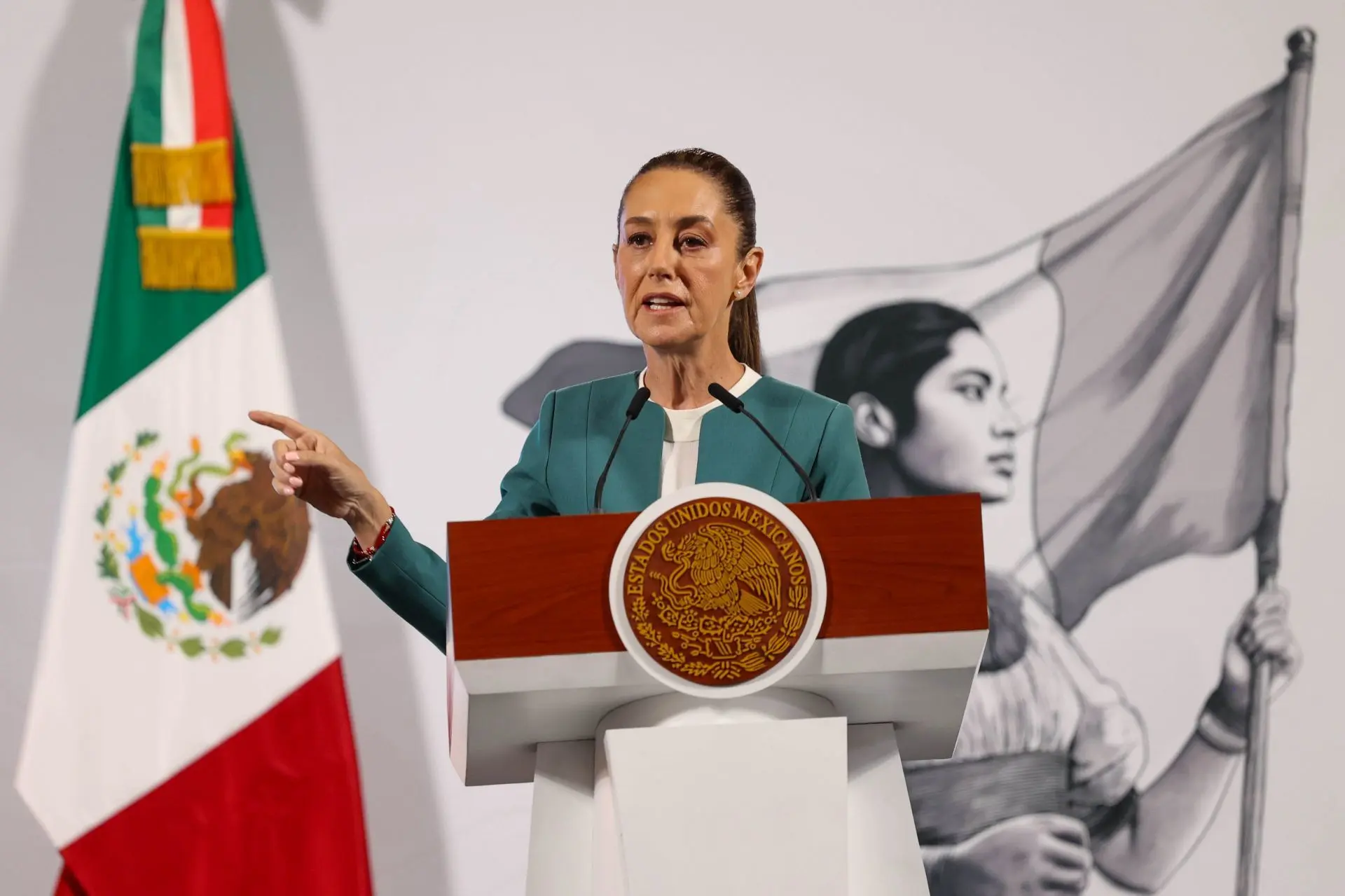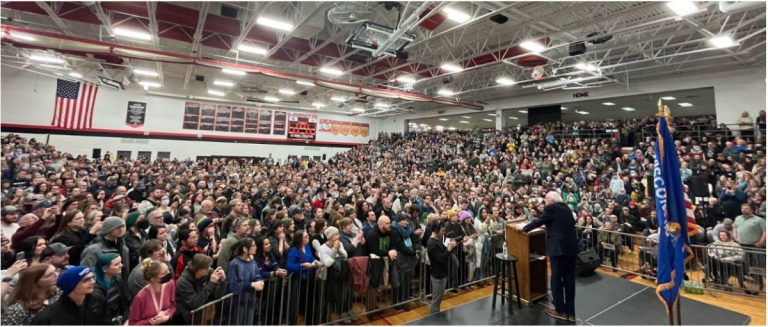
Por Lorraine Gabbert. San Jose Spotlight via Bay City News.
Los amantes del cine de todo el mundo han llegado a San José para asistir a Cinequest, lo que le ha dado al centro de la ciudad un impulso económico multimillonario.
Haciendo eco de su temática de iluminación, el Festival de Cine y Creatividad Cinequest generará más de 9 millones de dólares en ingresos durante las dos semanas de duración del evento.
Cinequest genera entre 800 y mil noches de alojamiento pagadas para hoteles de San José y emplea a seis personas a tiempo completo y a más de 20 a tiempo parcial, según Kerry Adams Hapner, directora de asuntos culturales de San José.
Alex Stettinski, director ejecutivo de la Asociación del Centro de San José, dijo que Cinequest aporta vitalidad al centro, que aún sufre una pérdida de tráfico peatonal durante los días de semana con su fuerza laboral a la mitad de lo que era antes de la pandemia.
“Está atrayendo a mucha gente al centro”, declaró a San José Spotlight. “Ese festival tiene un impacto enorme… y llena restaurantes y bares durante la semana. Tiene un gran impacto en los hoteles”.
Stettinski señaló que, como líder en innovación, Silicon Valley es el escenario perfecto para Cinequest.
“Con Silicon Valley como centro tecnológico y Cinequest como festival de cine innovador y vanguardista, existe un vínculo entre ambos”, afirmó. “Esto realza la reputación global de San José y Silicon Valley. Es un orgullo y prestigio para los residentes de San José y la comunidad empresarial estar asociados y participar en un festival de tal calibre”.
Cinequest atrae a la mitad de su público de fuera de San José, según Adams Hapner, con entre 600 y 800 de los artistas e innovadores tecnológicos más destacados del mundo, provenientes de 40 a 50 países. En sus inicios, el festival de cine atraía a unas 3 mil personas para ver 60 películas en una sola sala. Hoy, su público virtual y presencial cuenta con unos 300 mil participantes y 100 mil visitantes.
“Definitivamente se respira un ambiente festivo durante Cinequest”, declaró a San José Spotlight. “Hay un gran revuelo. La gente está emocionada de estar aquí. Están creando redes de contactos. Están colaborando. Están entusiasmados de estar en San José, y San José realmente brilla. Invita a la gente a venir y a regresar”.
Fundada en 1990, Cinequest suspendió sus proyecciones en 2020 debido a la pandemia y se volvió totalmente virtual en 2021. Este año, cientos de películas, incluyendo estrenos mundiales y estadounidenses, iluminarán las pantallas de Silicon Valley del 11 al 23 de marzo y se proyectarán virtualmente del 24 al 31 de marzo. Foros sobre inteligencia artificial, proyecciones de cortometrajes y un concurso de comedia de humanos contra IA muestran su programación de vanguardia.
La diversa oferta del festival de cine abarca desde enfoques internacionales hasta la vida local de San José. El documental “American Agitators” cuenta la historia del activista Fred Ross, Sr., quien capacitó a César Chávez y Dolores Huerta para convertirse en organizadores comunitarios.
“San José es clave en esta historia”, declaró Raymond Telles, director y productor de “American Agitators”, a San José Spotlight. “Fred pasó mucho tiempo allí. Fred (Ross) Sr. se dedicaba a ayudar a la gente a mejorar las condiciones de sus comunidades organizándolas y empoderándolas para votar. La gente necesita tener voz. Esperamos que esta película inspire a la gente”.
El cofundador y director ejecutivo de Cinequest, Halfdan Hussey, refirió que el festival de cine refleja la diversa población de San José y ofrece un componente tecnológico “como salsa especial”.
“Siempre le hemos dado voz a nuestra comunidad”, dijo Hussey a San José Spotlight, y agregó que el festival incluye películas que retratan a las comunidades mexicoamericanas, indioamericanas y chinoamericanas.
Hussey afirmó que este año prevé una asistencia similar a la de 2019, con entre 115 mil y 120 mil personas presenciales. El tema del festival, “Iluminate”, se refiere al cine como una forma de arte basada en la luz y un medio narrativo, explicó, que eleva el corazón y la mente de las personas.
Dijo que, además de impulsar el impacto económico, Cinequest fomenta la participación y el orgullo de la comunidad. La energía de un gran público y la posibilidad de conocer a los artistas distinguen a esta experiencia, añadió.
“En Cinequest, vives la magia de la experiencia”, destacó. “Ofrecemos una experiencia inspiradora y enriquecedora… para que la gente se sienta bien consigo misma, con su comunidad y con el mundo”.
Read the original note giving Click here.
You may be interested in: Dahlia de la Cerda. La escritora hidrocálida finalista del prestigioso premio Booker




















